Torsten Ranft
Nascimento : 1961-01-01, Leipzig, Germany
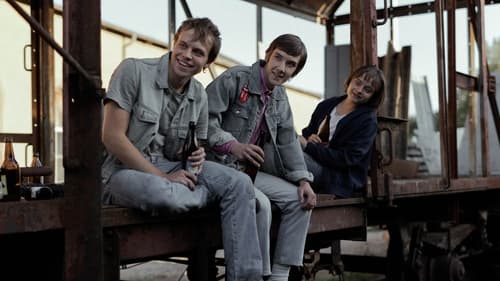
Dr. Hübner
GDR, August 1989: Hanna and Andreas became a target of the secret police and had to give up their plans for their future studies and desired professions. Instead, they face arbitrariness, mistrust and reprisals. Their only chance for a self-determined life lies in fleeing across the Baltic Sea. Fifty kilometres of water separate them from freedom - and only a thin connecting rope around their wrists saves them from absolute loneliness.
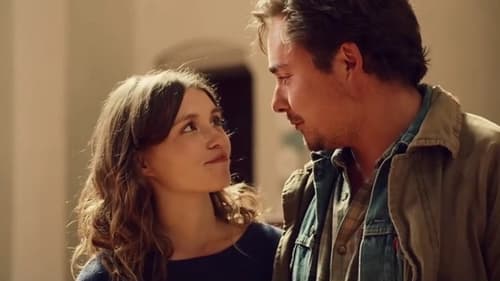
Genosse Stahle
East Germany, 1988. 19-year-old Franka doesn't really care for politics. She prefers going to the disco and dreaming about seeing Bruce Springsteen and Michael Jackson live in concert. But beneath her carefree façade, she is scarred by the loss of her baby brother. But then she meets Stefan: He's young, idealistic, and part of an environmental activist group. A mix that makes Franka instantly make fall for him – and his group, which welcomes her with open arms. But this wild, revolutionary influence does not stay unnoticed: Her mother, who's with the Party, is worried about Franka. As Stefan's group loses the support of the church, leaving them vulnerable to the state, Stefan and Franka are soon in the government's line of fire…
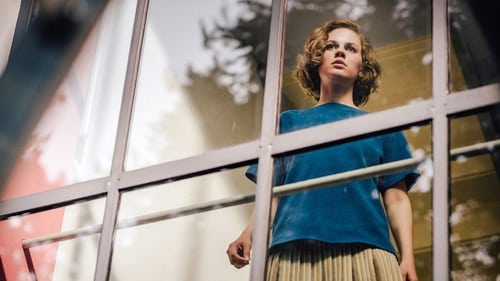
Gustav Brendel
Weimar, 1921. The life of 20-year-old Lotte Brendel seems to be predetermined. Her father sees her as a future wife and mother on the side of a man who is to take over the parental carpentry business. But the idiosyncratic Lotte joins a group of young artists against the will of her family, applies at the Bauhaus and is accepted. The Weimar Bauhaus, under the direction of the visionary Walter Gropius, aspires not only to combine arts and crafts, but also to find the place for the "New Man". In the student Paul Seligmann Lotte finds a supporter and her great love.
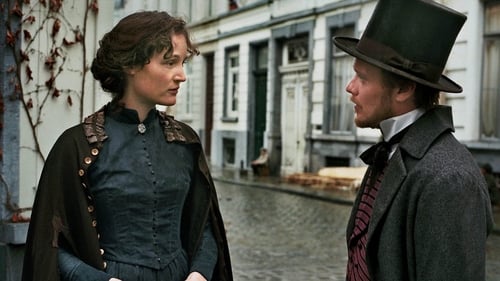
Karl Marx, de 26 anos, embarca com sua esposa, Jenny, na estrada para o exílio. Em 1844, em Paris, ele conhece Friedrich Engels, filho de um industrial, que investigou o sórdido nascimento da classe trabalhadora britânica. Engels, o dândi, fornece a última parte do quebra-cabeça para a nova visão do mundo do jovem Karl Marx. Juntos, entre a censura e a repressão da polícia, os tumultos e os conflitos políticos, eles liderarão o movimento trabalhista durante seu desenvolvimento em uma era moderna.

Mandrill
No final de março de 1945, no campo de concentração Buchenwald, o prisioneiro Hans Pippig descobre em uma mala uma criança judia escondida. Se denunciar a criança de 3 anos com certeza morrerá. Por outro lado, a violação de regras do campo ameaçaria a longa preparação para a revolta dos prisioneiros contra a SS.

Anton Mesmer
At the beginning of 2000, the young commissioner Yvonne Weber moved from Frankfurt am Main to Eisenach. Together with the local colleague Frank Wolf, she is to review an unresolved murder case from the GDR era. The investigation team encounters inconsistencies in the file and it becomes clear that there is no interest in truth-clarifying the Eisenach department and the prosecutor's office in Gotha.

Judge
The film intertwines historical events and intimate memories. I observe how architecture represents the transformations of society and those who give form to this architecture. We follow the journey of Munio, my father, born in 1909 in Silesia, Poland, the son of a tenant farmer of a Prussian junker. At the age of 18, Munio goes to Berlin and Dessau to meet Walter Gropius, Kandinsky and Paul Klee at the Bauhaus. In 1933, the Bauhaus was closed by the Nazis, who accused Munio of treason against the German people. Munio was imprisoned, then deported to Basel. He left for Palestine. Upon his arrival in Haifa, he began a career as an architect and adapted European modernist principles to the Middle East.

Chefarzt
A well-placed site manager and father slips into a midlife crisis and recalls promptly to a former lover. Satirical comedy that finds compelling cinematic narrative technique for the feeling of comprehensive alienation and emotional state of emergency worded precisely in images that make over room poetics, dramaturgy and color perspectivization experience the world of heroes transparent. The fact that the terseness is sometimes applied a little thick, weight to a minimum.

Schüler Cellogruppe
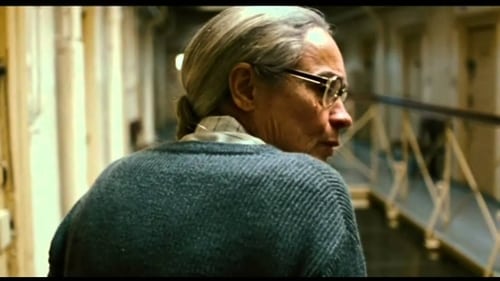
Uma professora de música já idosa que dá aulas de piano para presos descobre um prodígio entre as detentas e se dedica a desenvolver o talento da moça.
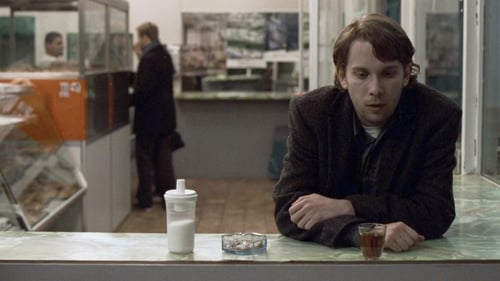
Ost-Jürgen
In October 1989, the part of the West Berlin borough of Kreuzberg called SO 36, had been largely shut off by the Wall from the rest of the city for 28 years. A lethargic sub-culture of students, artists, bohemians and barflys had flourished among crumbling buildings. Part of that microcosm is barkeeper Frank, semi-formally called 'Herr Lehmann' by friends and patrons. He hangs out drinking, sports utter disregard for anything beyond SO 36 and lazily pursues an affair with cook Katrin. His lifestyle is gradually disturbed, when his parents show up for a visit, things go awry with Katrin and his best friend Karl starts to act strange. Meanwhile, political turmoil mounts on the other side of the Wall.

Vater
Once upon a time very much alike the twenties in Germany, a little town is frightened to death by an uncaught child murderer. Since somebody has to be blamed the townspeople turn against an inconspicious policeman, a family-man who becomes suspected of the crime and therefore loses his job. Strangely enough, the only work he can find is to distribute candy on children, dressed up as clown. When a bunch of kiddies, including his own son who doesn't recognize the father due to the masquerade, plays a nasty trick to him, things turn really ugly...










